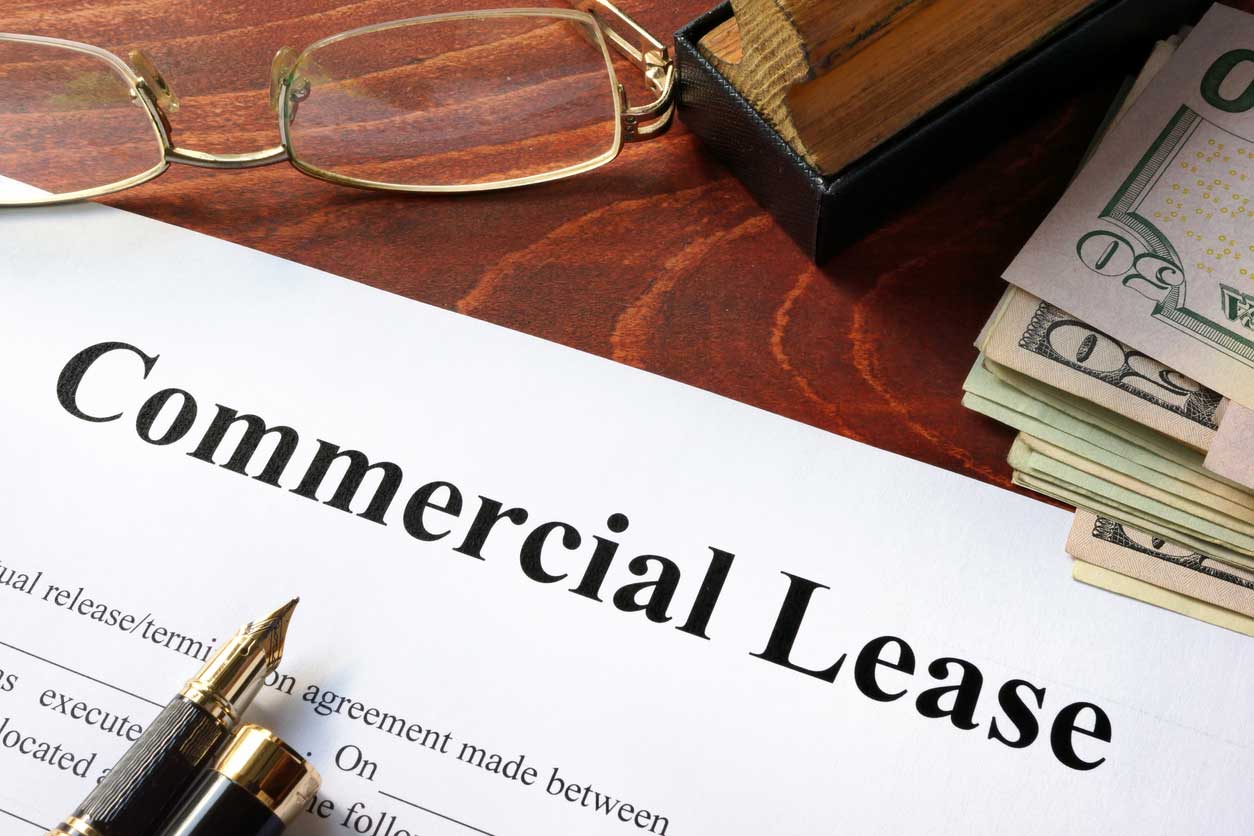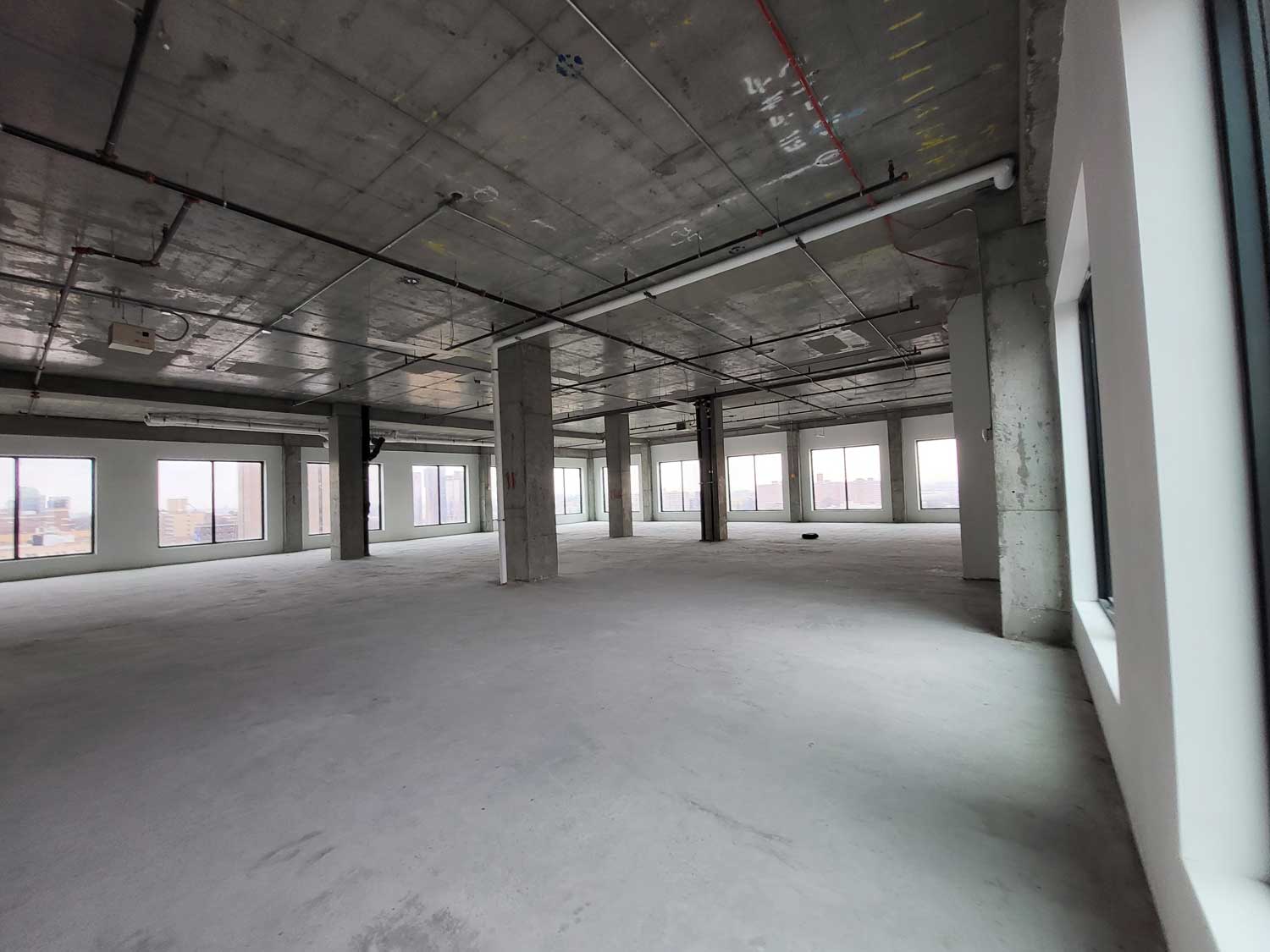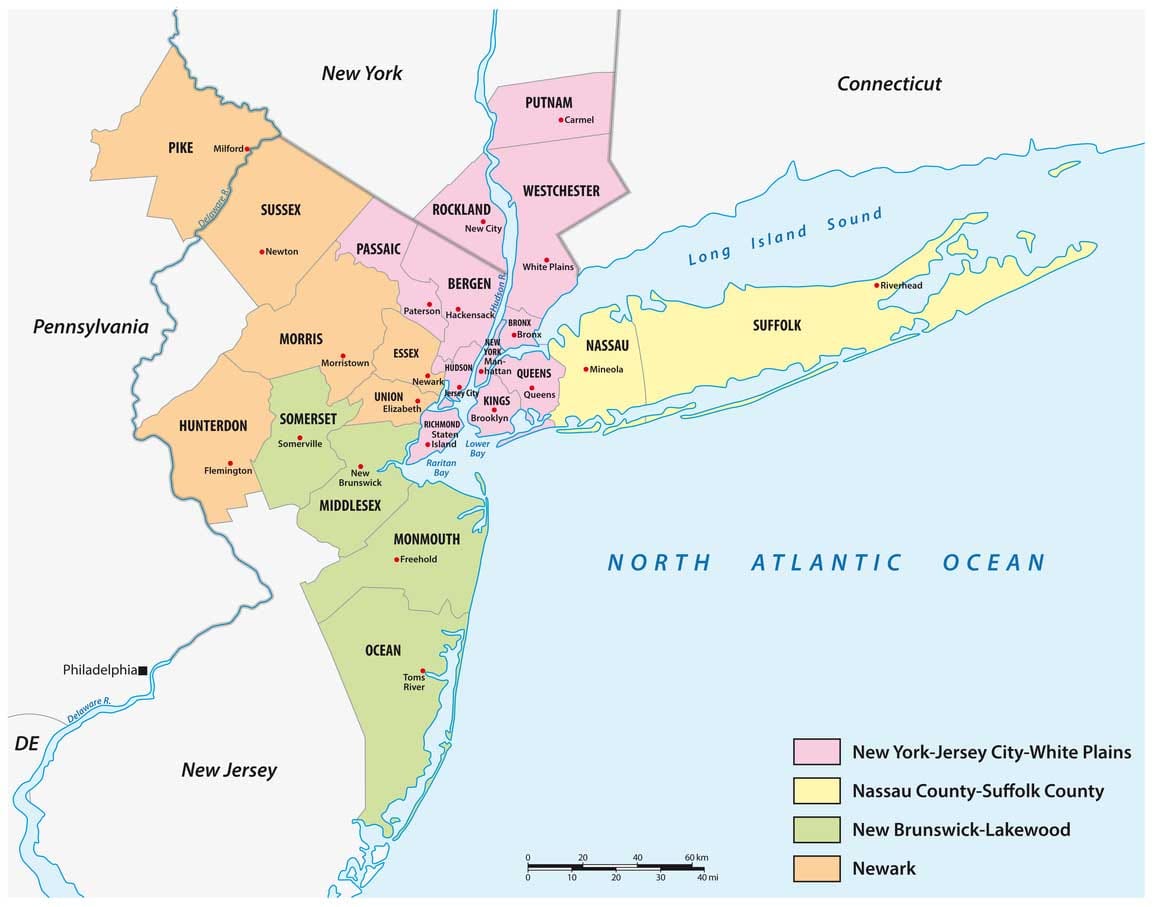
02 Oct 5 Mistakes to Avoid When Signing a Commercial Lease
Navigating the commercial leasing landscape can feel overwhelming, but with the right knowledge, it doesn’t have to be.
A well-negotiated lease is essential for the long-term success of your business, while a poorly negotiated one can impact your finances and operations for years to come.
A 2023 report from Visual Lease highlighted key challenges businesses face in managing their leases. One of the most significant issues pinpointed was poor lease management, which can lead to costly mistakes. In fact, 45% of senior real estate executives revealed their companies had overpaid on rent or expenses due to inadequate controls.
Meanwhile 83% of companies reported failing to invest in the necessary technology, personnel, or processes to manage leases effectively, leaving them vulnerable to hidden costs and unfavorable terms.
These statistics show the importance of approaching lease agreements with care – an area we have lots of experience in. To help you navigate this process with confidence, we’ve put together a list of five critical mistakes to watch out for when signing a commercial lease.

1. Not Understanding the Lease Terms
One of the most significant mistakes is not fully understanding the lease terms before signing. Many leases come with complex legal jargon that can obscure critical information. It’s essential to grasp details such as:
- Lease Duration: How long is the commitment? Is there an option to renew?
- Rent Increases: Are there escalations in rent? If so, how frequently do they occur?
- Common Area Maintenance (CAM) Fees: What costs are associated with shared spaces, and how are they calculated?
Tip: Always have a legal expert review the lease to clarify any ambiguous terms and ensure that you’re fully informed.
2. Overlooking Hidden Costs
When budgeting for a commercial lease, it’s easy to focus solely on rent while overlooking hidden costs. Common overlooked expenses include:
- Utilities: Heating, cooling, water, and electricity can add up.
- Insurance: Different types of coverage may be required.
- Repairs and Maintenance: Understand your responsibilities for maintaining the property.
- Technology capacity
Tip: Request a detailed breakdown of all costs associated with the lease and factor these into your overall budget.

3. Failing to Negotiate
Many companies believe lease terms are set in stone, but this is rarely the case. Failing to negotiate can lead to unfavorable conditions. Common areas to negotiate include:
- Lease Length: Shorter terms may offer more flexibility.
- Tenant Improvements: Request allowances for customizations to suit your business needs.
- Termination Clauses: Ensure there are exit strategies in case your business needs change.
Data from the Building Owners and Managers Association (BOMA) indicates that savvy negotiators can save anywhere from 10% to 30% on their lease costs.
Tip: Approach negotiations with a clear understanding of your business needs and leverage industry data to support your requests.
4. Ignoring Location Dynamics
The location of your commercial space plays a crucial role in your business’s success. Factors to consider include:
- Accessibility: Is the location easy for employees and clients to reach?
- Competitor Proximity: Being close to competitors can be advantageous or detrimental.
- Zoning Regulations: Ensure the space is compliant with local zoning laws for your intended use.
Tip: Conduct thorough research on the neighborhood and analyze foot traffic patterns, demographics, and overall market trends.

5. Neglecting Future Growth
Your business is likely to evolve over the lease term, so it’s crucial to consider future growth when signing a commercial lease. Common growth-related factors include:
- Scalability: Will the space accommodate your potential expansion?
- Flexibility: Can you sublease if your needs change?
- Termination Options: What are your options if you need to relocate?
Tip: Discuss your long-term business goals with your leasing agent and ensure your lease accommodates potential growth.
To Sum Up…
Signing a commercial lease is a significant commitment that can shape your business’s future. By avoiding the five common pitfalls we’ve outlined, you can secure a lease that works for you and your business objectives.
At RI Workplace we specialize in helping businesses navigate the complexities of office leasing, designs and build-outs. Contact us today to learn more about how we can support your next move.


















